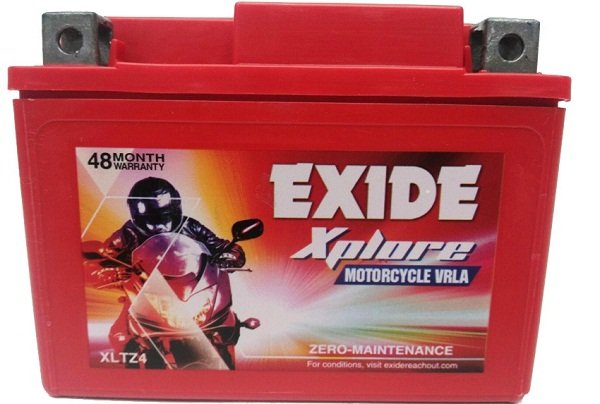Have you ever hopped on your bike, ready for a ride, only to find that the battery is dead? It can be frustrating to have your plans derailed by a dead battery, especially if you’re not sure what caused it. Today we’ll explore the common reasons why bike batteries can become discharged, and what you can do to prevent or fix the problem. Whether you’re a seasoned rider or new to the world of biking, understanding the factors that contribute to battery discharge can help you keep your bike running smoothly and avoid unexpected setbacks. So if you want to get to the bottom of your battery discharge problem, just keep on reading today’s post. And you’ll find that out pretty easily.
Here Are Some Reasons Why Bike Batteries Gets Discharged

1. Old Battery
When a battery gets older, its ability to hold a charge can start to decrease. This is because the chemicals inside the battery begin to break down over time, which can lead to a decrease in performance. This process is known as “battery aging.” However, proper maintenance and charging can help extend the life of a battery and improve its performance.
2. Electrical Circuit Problems
One common issue that can cause electrical problems is a faulty alternator. The alternator is a device that generates electricity and charges the battery while the bike is running. If the alternator is not functioning properly, it may not be able to charge the battery adequately. Another issue that can cause electrical problems is a short circuit. A short circuit occurs when there is a breakdown in the flow of electricity in the electrical system, usually due to a fault in the wiring. This can cause the electrical system to draw too much power, which can drain the battery.
If there are electrical problems with the bike, it is important to diagnose and fix the issue as soon as possible to prevent further damage to the battery and the rest of the electrical system. Ignoring these issues can lead to more serious problems down the road and may even cause a safety hazard.
3. Extreme Temperature Fluctuations
Batteries do not perform as well in extreme temperatures and can become damaged if they are exposed to these conditions for extended periods of time. In very hot temperatures, the chemicals inside the battery can break down more quickly, leading to a decrease in performance. Additionally, high temperatures can cause the battery to discharge more quickly, even if it is not being used.
Conversely, in very cold temperatures, the battery may become sluggish and take longer to charge. The battery may also have a reduced capacity to hold a charge in cold temperatures. To prevent these issues, it is important to store your bike in a temperature-controlled environment, if possible. This can help extend the life of your battery and improve its performance. If you must store your bike in extreme temperatures, it is a good idea to remove the battery and store it in a more temperate location to prevent damage.
Santosh Kumar is a Professional SEO and Blogger, With the help of this blog he is trying to share top 10 lists, facts, entertainment news from India and all around the world.
